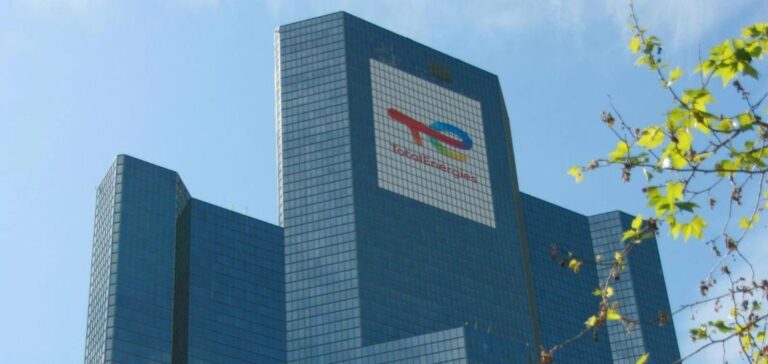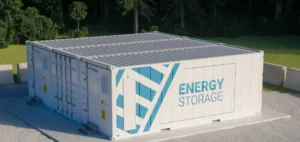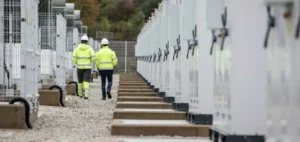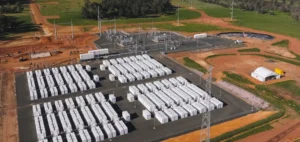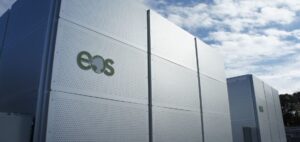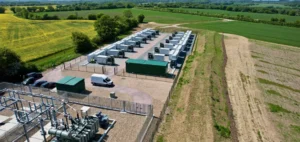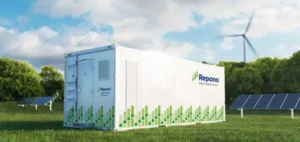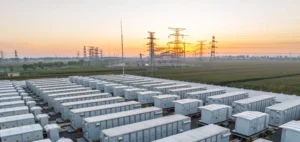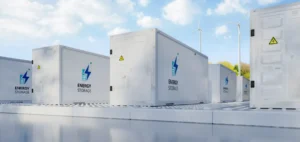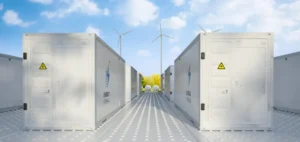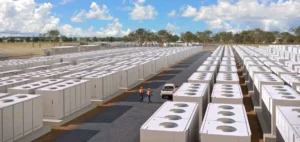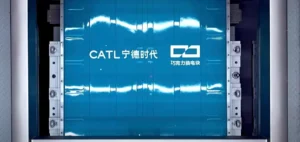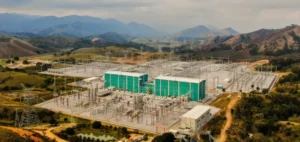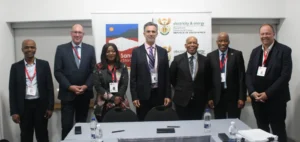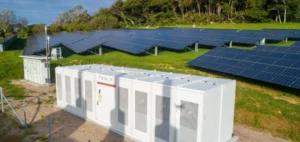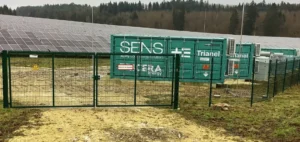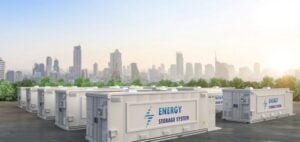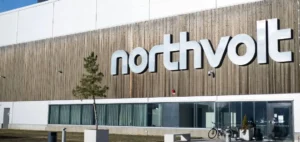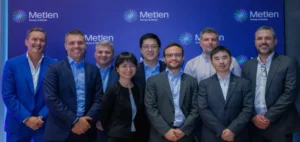TotalEnergies SE has confirmed the launch of six battery electricity storage projects in Germany, amounting to a total installed capacity of 221 megawatts. The announcement coincided with Chairman and Chief Executive Officer Patrick Pouyanné’s participation in the Europe 2025 conference held in Berlin. The group stated that the total investment committed to these projects stands at €160mn.
The facilities were developed by Kyon Energy GmbH, a German subsidiary acquired by TotalEnergies in 2024. Most of the equipment will be supplied by Saft Groupe SA, a specialist in advanced battery technologies and also affiliated with TotalEnergies. Construction began in late 2024, with commissioning scheduled for the first quarter of 2026.
Expansion of TotalEnergies’ storage capacity in Germany
With these new installations, TotalEnergies is expanding its German power portfolio. The group already has 100 MW of batteries under construction, to which the newly announced 221 MW will be added. Its total storage capacity under development in the country now stands at 2 gigawatts, with 321 MW under construction.
Its subsidiary Quadra Energy GmbH, which manages electricity aggregation, currently oversees 9 gigawatts of aggregated capacity. In parallel, TotalEnergies is developing onshore wind and solar projects totalling 7 gigawatts, alongside 200 megawatts already installed or under construction. The group also has 6.5 net gigawatts in development in offshore wind.
Vertical integration in the German power market
TotalEnergies is reinforcing its strategy of integration across the entire value chain of the German electricity sector. Its operations now cover production, marketing, aggregation and electricity storage. This portfolio is further supported by 6,900 electric vehicle charging points operated in Germany, including 1,100 high-power chargers.
In an official statement, Patrick Pouyanné noted that these projects would enable the group to supply what he described as “clean firm power” to its customers, in line with its 12% profitability target for the electricity segment.

